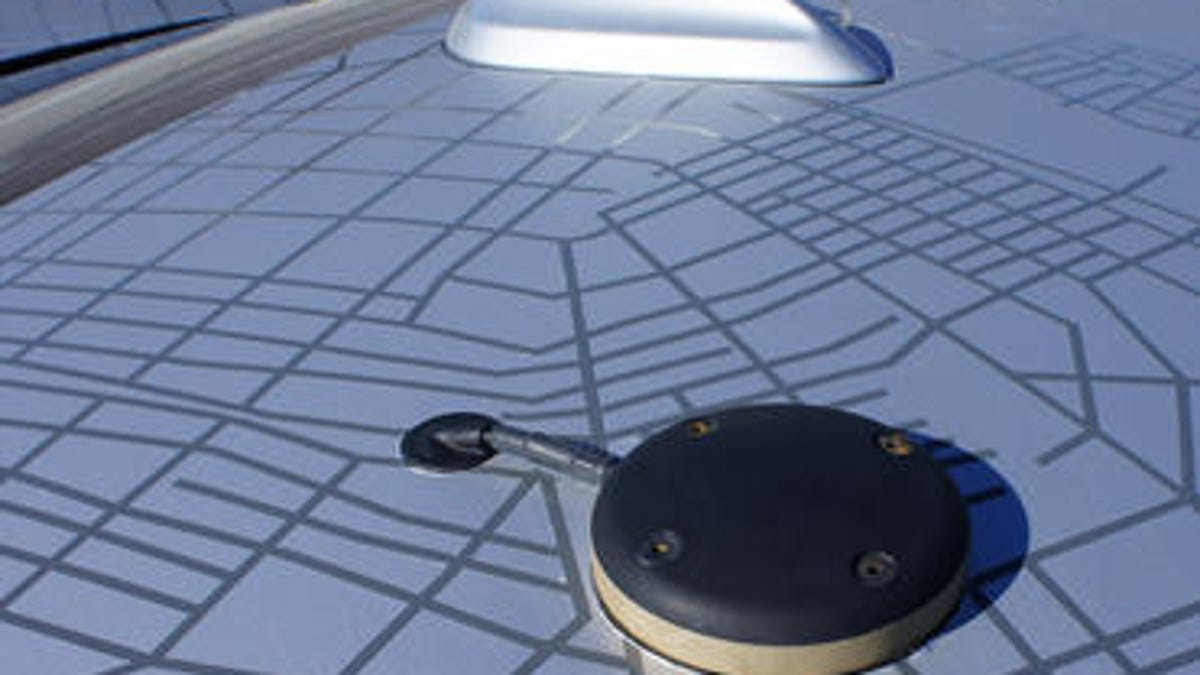BMW's driverless cars cruising to China
The company has been testing its "highly automated" vehicles in Europe but now wants to challenge its tech in China where multi-level highways reign supreme.

German car maker BMW is expanding its "highly automated' car tech to China to see how its vehicles fare on that country's multi-level highways, the company said Monday.
BMW will begin bringing its "highly automated" cars -- aka driverless vehicles -- to the streets of Beijing and Shanghai, the company said. The project will initially focus on highways in those cities to see how the cars can handle the multi-level highways commonplace there. BMW will work with China-based search giant Baidu to get the program up and running and to collaborate on the research.
BMW showed off a driverless vehicle at the Consumer Electronics Show in January. Since then, the company has been testing the technology on thousands of miles of roads across Germany and other parts of Europe. While the car -- based on a BMW 2 Series Coupe -- has been able to handle the tunnels and toll stations around Europe, BMW wants to see if it's up to the task in China.
A number of companies are working on driverless vehicles. Google is perhaps the most notable non-car maker to be doing so. Regardless, all the competitors say it will be years before driverless vehicles may actually become available to consumers, given the obvious implications of the technology.
BMW's technology is based on the idea of an "electronic co-pilot." For those who don't trust fully autonomous technology, the car will simply handle "monotonous or repetitive tasks." The technology can also be switched over to full driver control at any time.
Looking ahead, BMW plans to spend two years developing highly automated vehicles for Chinese roads and continue testing them as more research is performed. It's not immediately clear how much of a role Baidu will have in the testing phase, but BMW did note that the company's "map services and cloud services" will play an integral role.
Baidu has not immediately responded to a request for comment.

